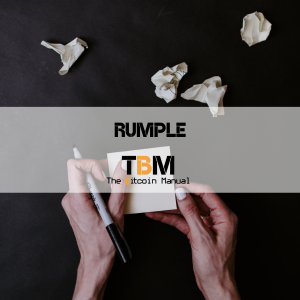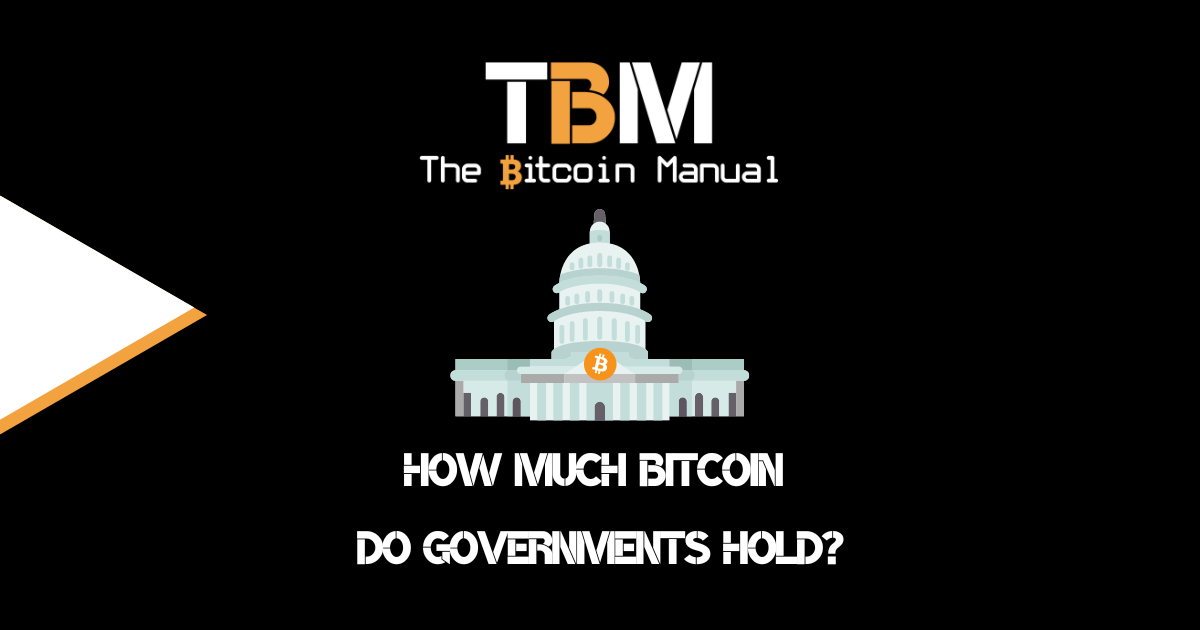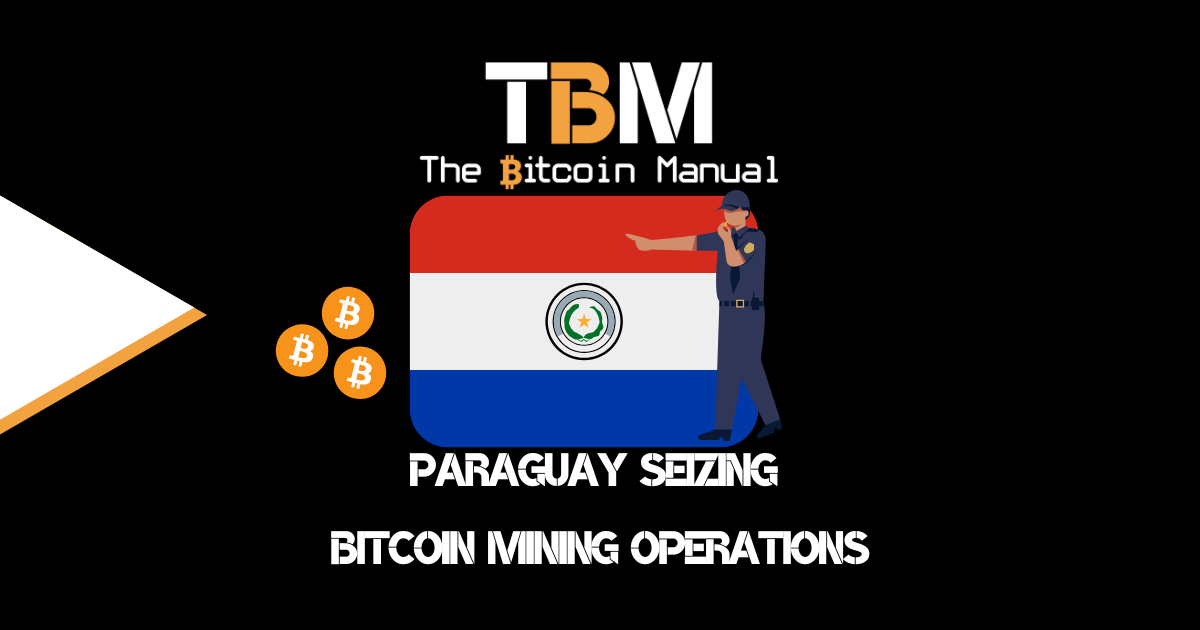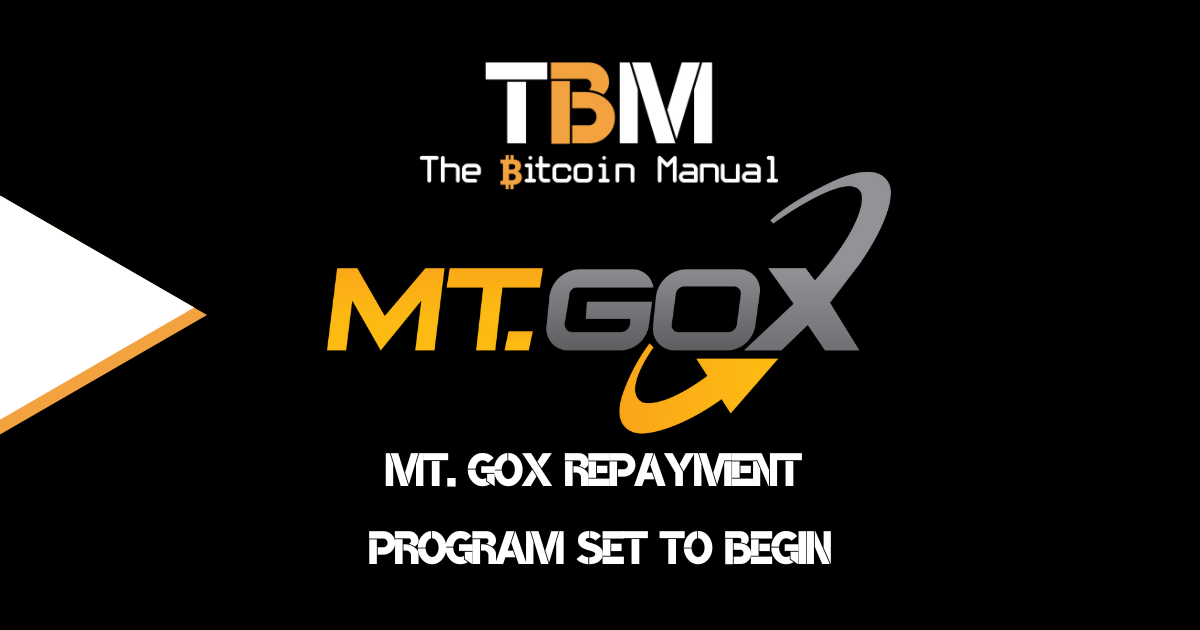Rumple
Home » Blockchain » Rumple
Rumple is an alternative take on the Lightning Network proposed by developer FiatJaf; this Lightning-like Rumple Network would not work with pre-paid funds from the Bitcoin network but rather with credit or trust-based channels and exist alongside the normal Lightning Network.
Rumple borrows heavily from the fundamental Ripple idea proposed by Ryan Fugger, now called “Ripplepay”, and not be confused with an altcoin called Ripple or XRP. Rumple or “Rumplepay” would borrow the concept from Ripple pay but combine it with Lightning to create a peer-to-peer version with its own channels and topology of connected peers.
In Lightning, you first need to commit funds to the network using HTLCs or PTLCs. To establish channels, funds committed to them via multi-sig Bitcoin transactions are published to the blockchain, which has some serious limits as you compete for block space to perform channel opens or closes. Instead, Rumple proposes to use pure trust relationships and the use of a parallel Rumple chain.

How does Rumple work?
Rumple would require a simple “blockchain” that is only used for time stamping and has no native asset but keeps track of values that will be assigned to them. These blocks will be produced with meaningless values by the various node operators that wish to run a Rumple run chain.
These nodes then create trust channels between one other, similar to the Lightning network, but without committing a UTXO to create an HTLC. These channels are backed by nothing except the willingness of one peer to pay the other what is owed, meaning it’s a complete trust payment.
Rumple inherits the openness of the Lightning Network in building a topology of peer-to-peer connections but without the constricting tether to the Bitcoin blockchain. In a Rumple Network, anyone is free to open new trust channels and immediately route payments to anyone else with less friction since you’re not committing capital to create each channel.
A simple peer-to-peer payment
When one user, Alice, receives payment through their Rumple channel from another user Bob, user Alice becomes a creditor, and User Bob a debtor, i.e., the balance of the channel moves a little to A’s side.
Closing out balances.
If at any time Alice decides to close her channel with Bob, she can send all the funds she has standing there to somewhere else (for example, another channel she has with someone else, another wallet somewhere else.
She could approach a shop that is selling some good or service or a Rumple service provider that will aggregate all funds from all her channels and send a transaction to the Bitcoin chain or Lightning Network on her behalf.
Conflict resolution
If at any time Bob leaves the network, Alice is entitled by Bob’s cryptographic signatures to knock on his door and demand payment, or go to a judge and ask him to force Bob to pay, or share the signatures and commitments online and hurt Bob’s reputation with the rest of the network. Yes, there is room for bad actors to exploit this network as it is a reputation-based network, but attacks are limited by the fact that an individual would only attract peers they know or peers who wouldn’t trust them with large sums of money before settling up.
In a credit-based system, you will need the rule of law in place to enforce your claims on others and bring third parties into these disputes as you would with anyone failing to pay you.
Now as for a large non-economic actor like a government building sock puppet accounts and taking their time to build trust only to rug as many users as possible in the future and destroy network trust, that is an entirely another attack vector.
What does Rumple do?
Rumple wants to provide an alternative to the pre-funded Lightning Network and makes some trade-offs that many Bitcoin users would not be comfortable with as it brings trust back into transactions. While Rumple does provide interesting takes on removing the custodianship of Lightning around LSPs, building reputation systems on Lightning, and the always-on hot wallet problem, it’s not clear if enough people would be willing to make these trade-offs for low friction unbacked channels.
Rumple is an interesting project with the potential to allow peers to create credit networks of their very own, keep track of balances and not be constrained by capital requirements. Since it can be built using Lightning Network wallets and software, it would be possible to roll out wallets with Rumple credit channels on it, and users could manage their liability balances with their peers.
Rumple, without the backing of Bitcoin, quickly becomes a complex project as you try to solve for trustlessness. So it is possible that there are unforeseen problems that will prevent it from being successful. Rumple is a new technology, so it is not yet clear where it will reach its scaling limit, how conflicts will be resolved in different regions and how it could be regulated.
Of course, credit brings in trust, double spending, issues with verifiability and cannot scale effectively, so Rumple would run into issues that might be better solved with federated custodians like FediMint.
More information on Rumple
| Source | Website |
| Fiatjaf – Rumple | https://fiatjaf.com/rumple.html |
| Ripple – Ryan Fugger | https://ripple.ryanfugger.com/ |
Share with a friend
If you thought this information was helpful why not share it on your favourite social media network and encourage others to learn more about Bitcoin
The latest news from our blog

How Much Bitcoin Do Governments Hold?
Germany’s latest sale of 50,000 Bitcoin has revealed a number of large Bitcoin holders that very few of us pay attention to. Believe it or

Paraguay Seizing Bitcoin Mining Operations
The biggest incentive for Bitcoin miners to move to Paraguay comes from the Itaipu Dam, which is co-owned by Brazil and Paraguay. The hydroelectric dam is

Mt. Gox Repayment Program Set To Begin
2024 has been the year of liquidation. First, the German government decided to offload the 50,000 coins it seized from Movies 2k. During those 27
